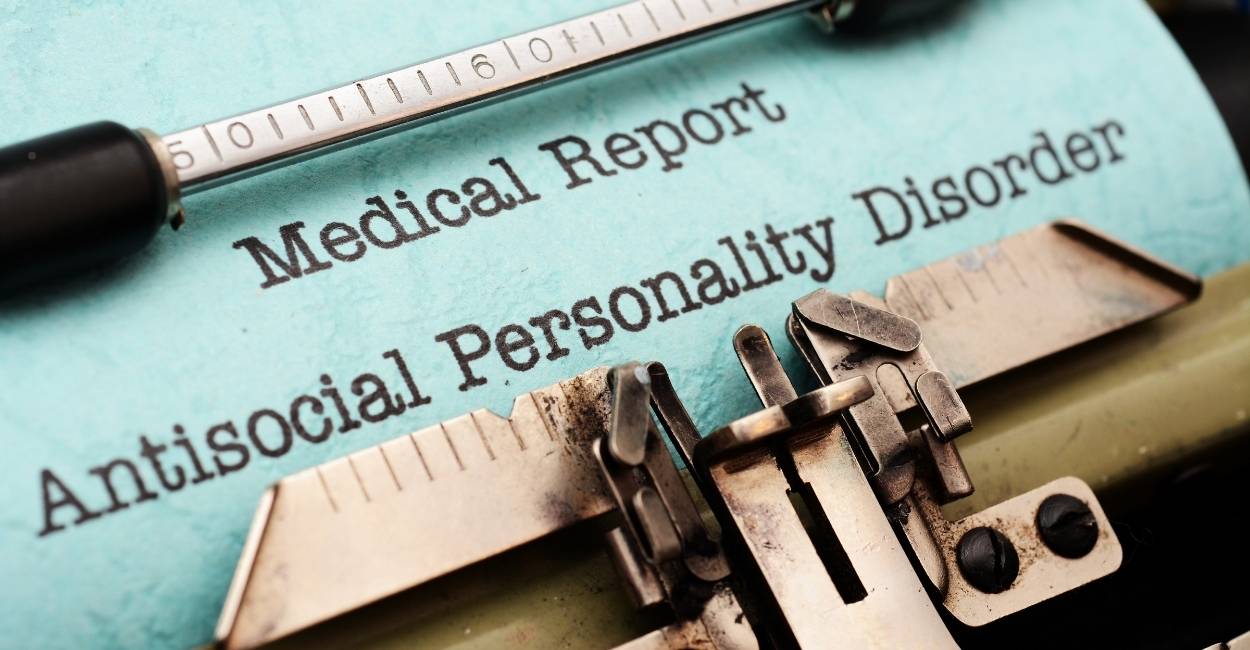Antisocial Personality Disorder – A Guide You Must Definitely Know!
Introduction
Have you ever felt like you were on the outside looking in? Like the world was bustling with life and connection, but you couldn’t find your way to join in? You’re not alone. Many young people today grapple with feelings and behaviors that can make social interactions challenging. One such condition that may influence these feelings is Antisocial Personality Disorder (ASPD). Understanding ASPD is crucial, especially for us youth in India. Awareness can foster empathy, support, and ultimately, healing. In this guide, we aim to break down what Antisocial Personality Disorder is and how you can approach it or support someone who might be facing it.
What is Antisocial Personality Disorder?
Antisocial Personality Disorder is a mental health condition characterized by a disregard for other people’s rights and feelings. It often manifests as patterns of manipulation, deceit, and a lack of empathy. You might be thinking, “This sounds severe,” and it can be, but it’s essential to understand that not everyone with ASPD engages in criminal activities or harmful behaviors.
Real-life Example
Consider a college student who frequently feels detached from their peers, finds it easy to lie to avoid conflicts, or exploits situations for personal gain. While they may not strictly fit the clinical definition of ASPD, they could exhibit some similar signs.
Signs / Symptoms / Indicators
If you’re wondering whether you or someone you know may be exhibiting signs of ASPD, here are some common indicators:
Emotional Signs:
- Lack of Empathy: Difficulty recognizing or feeling the emotions of others.
- Irritability: Getting angry quickly over minor issues.
Physical Signs:
- Unpredictable Behavior: Engaging in impulsive decisions or risky behaviors.
- Substance Abuse: Using drugs or alcohol as a coping mechanism.
Behavioral Signs:
- Manipulativeness: Using charm or deceit to get what they want.
- Disregard for Rules: Ignoring laws, social norms, and guidelines.
Causes of Antisocial Personality Disorder / Why it Happens
Understanding why ASPD may develop can be complex. Here are some common reasons, especially pertinent to our context in India:
- Educational Pressure: The intense competition in academics can lead to stress and unhealthy coping behaviors.
- Family Stress: Growing up in an environment with conflict or neglect can contribute to the development of harmful patterns.
- Body Image Issues: The unrealistic standards perpetuated by social media can affect self-esteem and social behavior.
- Relationship Struggles: The pressure to establish strong social connections can lead to isolation and misunderstanding.
Effects / Impact on Life
ASPD can have a significant impact on various aspects of life:
Mental Health:
- Increased Anxiety: Constant worry about social interactions or performance.
Emotional Health:
- Feelings of Loneliness: Struggling to connect with friends and loved ones can lead to profound sadness.
Social Health:
- Difficulty in Dating: Relationships may become strained due to an inability to communicate or empathize.
- Family Expectations: Parents may not understand their child’s struggles, leading to isolation from family support.
How to Deal With / Coping Mechanisms
If you or someone you care about is struggling with feelings related to ASPD, here are some practical tips:
- Meditation: Practicing mindfulness can help reduce anxiety and promote emotional balance.
- Journaling: Write down your thoughts and feelings to process emotions and gain clarity.
- Social Support: Surround yourself with friends or family who can offer understanding and kindness.
- Healthy Habits: Engage in regular exercise, eat balanced meals, and establish a healthy sleep routine.
- Yoga: This ancient practice can help in releasing tension and improving emotional awareness.
- Set Boundaries: Learn to say no and protect your mental space when needed.
- Educational Resources: Read books or articles that discuss ASPD or general mental health to understand it better.
- Engage in Creative Outlets: Try art, music, or performance as a way to express and process emotions.
When to Seek Help
If you notice persistent patterns of behavior that interfere with your daily life, relationships, or overall well-being, it might be time to reach out to a counselor or therapist. It’s a brave step that can lead to a healthier, happier you.
Conclusion
Navigating the complexities of mental health can indeed be a journey, but remember, you are not alone! The awareness and understanding we build today can significantly impact not just our lives but also the lives of those around us. If you relate to any aspects of Antisocial Personality Disorder, know that improvement is possible. You have the power to seek support and create a more fulfilling life. Let’s uplift and support each other on this path of understanding and healing!



